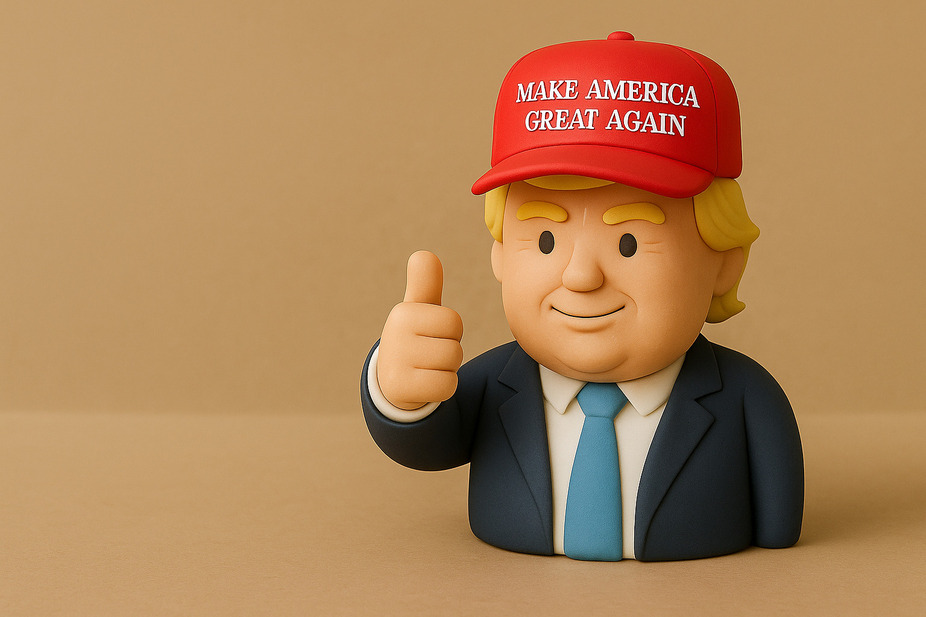Crypto’s still a hard sell for most Americans
So, crypto… where does it stand with the average American? Well, according to a recent Gallup poll, it’s still got a ways to go before it’s truly a mainstream investment.
The headline? About 14% of US adults say they own some form of cryptocurrency, whether it’s Bitcoin or something else. That’s roughly one in seven people. And, honestly, most other folks aren’t exactly rushing to jump on the bandwagon. A lot of Americans just aren’t interested in buying crypto and a big reason seems to be that they see it as super risky.
Now, there is a silver lining for people interested in crypto. The number of owners has been going up over the past few years. If you look at investors (people with at least $10,000 in stocks, bonds, or mutual funds), the ownership rate has climbed from less than 10% back in 2021 to around 17% today.
Who’s buying crypto?
The numbers change quite a bit depending on who you ask. For example, men between 18 and 49 are way more likely to own crypto than anyone else. About 25% of them are in the game. Compare that to men over 50 (12%), women over 50 (9%), and women between 18 and 49 (only 8%), and you see a pretty big gap.
You also see higher ownership rates among college grads (19%), wealthier Americans (19%) and people who lean conservative politically (18%). On the other end of the spectrum, you’ve got seniors (7%), younger women, older women and lower-income folks (all around 9%) being the least likely to own crypto.
Beyond the owners
It’s not just about who owns crypto, though. The survey also asked about future plans. Only about 4% of Americans say they’re likely to buy crypto anytime soon. There’s another 17% who admit they’re intrigued by it but aren’t planning on taking the plunge just yet. But a solid 60% of Americans say they have absolutely no interest in buying cryptocurrency. And then there’s a small group (6%) who either aren’t familiar with crypto or just aren’t sure about it.
It’s worth noting that this survey was conducted in early June, right before President Trump signed the “GENIUS Act” into law, which aims to create a clearer regulatory framework for certain cryptocurrencies. It’ll be interesting to see if that has any impact on these numbers going forward.
Crypto knowledge: a little fuzzy
Here’s another interesting tidbit: Almost everyone’s heard of cryptocurrency. Only 5% of Americans haven’t. But when it comes to actually understanding it, that’s a different story. Only about a third (35%) say they know something about crypto, while 60% say they’ve heard of it but don’t really know much.
And, just like with ownership, there are big differences in knowledge levels depending on age and gender. A whopping 59% of young men (18-49) say they know something about crypto, compared to 37% of older men, 24% of younger women and only 22% of older women. Wealthier Americans also tend to be more knowledgeable about crypto than lower-income Americans (45% vs. 27%).
The risk factor
Here’s the real kicker: Almost everyone thinks crypto is a risky investment. About 55% call it “very risky,” and another 32% say it’s “somewhat risky.”
Interestingly, the perceived risk doesn’t really change much depending on how much you know about crypto. However, current crypto owners are less likely to see it as “very risky” (42%) compared to those who have no interest in ever buying it (72%).
Politics also play a role. Democrats (66%) and liberals (71%) are more likely than Republicans (45%) and conservatives (45%) to view crypto as very risky. That might have something to do with Trump’s recent efforts to boost the crypto market.
The bottom line
So, what does it all mean? Basically, cryptocurrency is still a niche investment in the US. Only about one in seven adults owns it and not many people are excited about it. To put it in perspective, about six in ten Americans own stocks and property. This helps to explain why only a small number of people think that crypto is the best long-term investment.
Even though policymakers are starting to integrate crypto into the US financial system, and consumer investing platforms could make it easier for people to adopt, the fact remains that a lot of people just aren’t familiar with it and are worried about the potential risks. So, for now, it looks like younger men, wealthier Americans, and conservatives are the ones who stand to gain (or lose) the most from investing in crypto.












